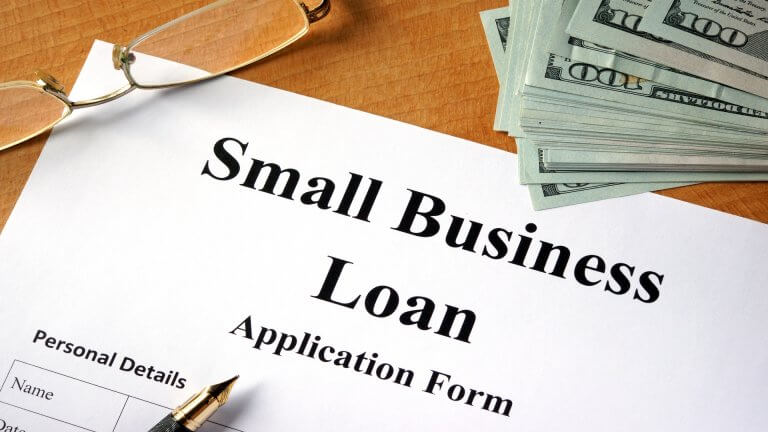Retiring at 50 sounds like a dream, right? No more morning commutes, no more meetings, and finally having time to do what you love-traveling, gardening, painting, or just relaxing. But how much money do you need to make that happen?
Planning for early retirement means thinking ahead. You’ll need to save more, start earlier, and be smart with your money. One of the biggest parts of that plan is investing for retirement-putting your money where it can grow over time.
Let’s break down what you need to know in simple terms.
Why Retiring at 50 Is Different
Most people retire around 65. If you stop working at 50, that’s 15 more years of expenses you’ll need to cover, without a paycheck. Plus, you can’t get Social Security or Medicare until you’re 60. That means you’re on your own for a while.
The 25x Rule: A Quick Way to Estimate
Here’s a simple rule: take the amount of money you’ll need each year after you retire and multiply it by 25. That’s how much you should have saved.
For example:
- If you need $40,000 per year:
- $40,000 × 25 = $1,000,000
- If you want $60,000 per year:
- $60,000 × 25 = $1,500,000
Why 25? Because this rule assumes you’ll spend about 4% of your savings each year. It’s a common method people use to make sure their money lasts a long time.
Think About Inflation
Things cost more over time. That’s inflation. A gallon of milk today costs more than it did 10 years ago. So, if you’re planning to retire in 10 or 20 years, you’ll need even more money saved to keep up with rising prices.
Example: If you think you’ll need $50,000 a year in today’s dollars, you might need $70,000 or more per year in the future just to buy the same stuff.
Health Care Costs Matter
If you retire at 50, you won’t be eligible for Medicare until you’re 65. That means 15 years of paying for health insurance or medical bills on your own.
Health care is one of the biggest expenses for early retirees. Make sure you include this in your plan. Some people buy private insurance, join a health-sharing plan, or use savings to cover medical costs.
Where Should Your Money Be?
If you’re saving for early retirement, not all accounts are equal. Some accounts like 401(k)s or IRAs charge penalties if you take the money out before age 59½. But there are ways to avoid that:
- Roth IRA: You can take out the money you put in (not the earnings) at any time with no penalty.
- Taxable investment accounts: No penalties for taking money out, but you’ll pay taxes on profits.
- Health Savings Account (HSA): If used for medical expenses, it can help big time.
Talk to a financial advisor or do your own research to figure out the best mix for you.
How Much Should You Save Every Month?
This depends on your age and how much you’ve already saved. But here’s a rough idea:
- Starting at age 25: Save at least 25–30% of your income every year.
- Starting at age 30: You might need to save 35–40%.
- Starting at age 35 or later: You’ll need to save even more-or adjust your retirement age.
It’s not impossible, but it takes discipline, good habits, and a clear plan.
Cut Expenses, Boost Savings
To hit your goals faster, cut down on stuff you don’t need and put that extra money into savings or investments.
- Cook at home instead of eating out.
- Drive a reliable used car instead of a new one.
- Cancel subscriptions you don’t use.
- Avoid debt when possible.
Every dollar you save now could be worth much more later if you invest it wisely.
Retiring Early Isn’t Just About Money
Sure, money is important. But think about how you’ll spend your time, too. Many people get bored or feel lost without a job. Have a plan:
- Will you travel?
- Will you start a small business?
- Will you volunteer?
- Will you take care of family?
Your happiness in retirement isn’t just about dollars-it’s also about purpose.
Final Thoughts
Retiring at 50 is possible-but it takes work, planning, and commitment. The earlier you start saving and investing, the better your chances.
Be smart. Stay focused. And remember: every step you take now brings you closer to the life you want later.
























